The new geopolitics of food
- Foreign Policy
- 27 April 2011
From the Middle East to Madagascar, high prices are spawning land grabs and ousting dictators. Welcome to the 21st-century food wars.

From the Middle East to Madagascar, high prices are spawning land grabs and ousting dictators. Welcome to the 21st-century food wars.

Agricultural land is once again attracting global investors but the sector is far from risk free.
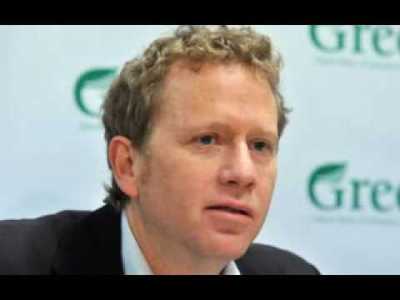
With commodity prices at record highs, New Zealand must protect its global advantage by keeping New Zealand land for New Zealand citizens, permanent residents and companies, Green Party Co-leader Dr Russel Norman said today.

Inflows of private capital in agriculture worldwide are expected to more than double to around $5 billion to $7 billion in two years as rising food prices spur investments in farm land and production facilities.
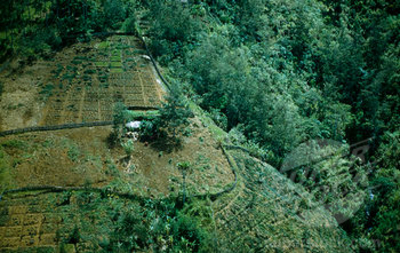
The PNG Lands Department has vowed to take action on land deals in Papua New Guinea - deals in which control of more than 5 million hectares of land, 10% of PNGs land mass, has been taken away from local people and given to corporations.
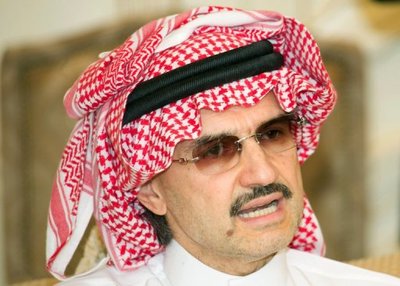
Saudi billionaire Prince Alwaleed bin Talal announced Sunday an agreement has been reached on returning most of his disputed agricultural land in Egypt -- 30,000 out of 40,000 hectares -- back to the government.

The UAE plans to hold further talks with officials from Australia with a view to invest in farmland as part of its plan to tackle food security.

Moise Katumbi, governor of mineral-rich Katanga province in the Democratic Republic of Congo, has offered 14 million hectares of farmland to large-scale farmers to boost agriculture.
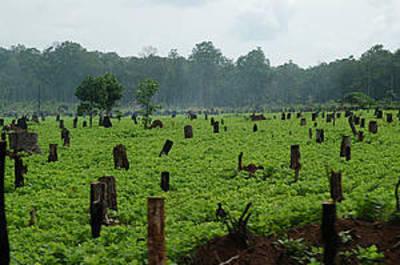
The granting of land leases and concessions for some investment projects is unacceptable, as some projects negatively impact on the environment and livelihoods of local people.
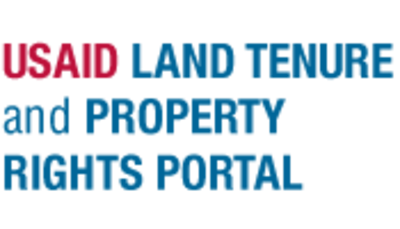
USAID and MCC elected to convene this discussion because identifying common ground among various sides of the debate around land acquisition is difficult
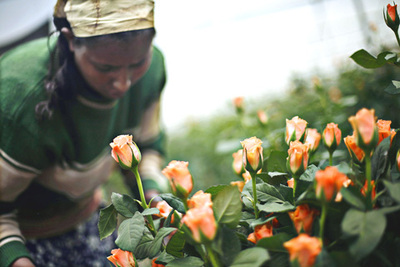
The World Food Program intends to buy some of the grain produced in Ethiopia by foreign investors in order to assist hungry people. Ironically, this group of intended food aid recipients will include those working to produce it in the first place. Ethiopia's government is calling this sustainable development.
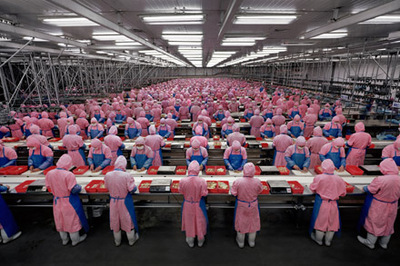
Black River's investment pipeline includes a Chinese pork producer and distributor, a duck farming firm in northern China, a fish producer in Costa Rica and a frozen fish processor in Singapore.